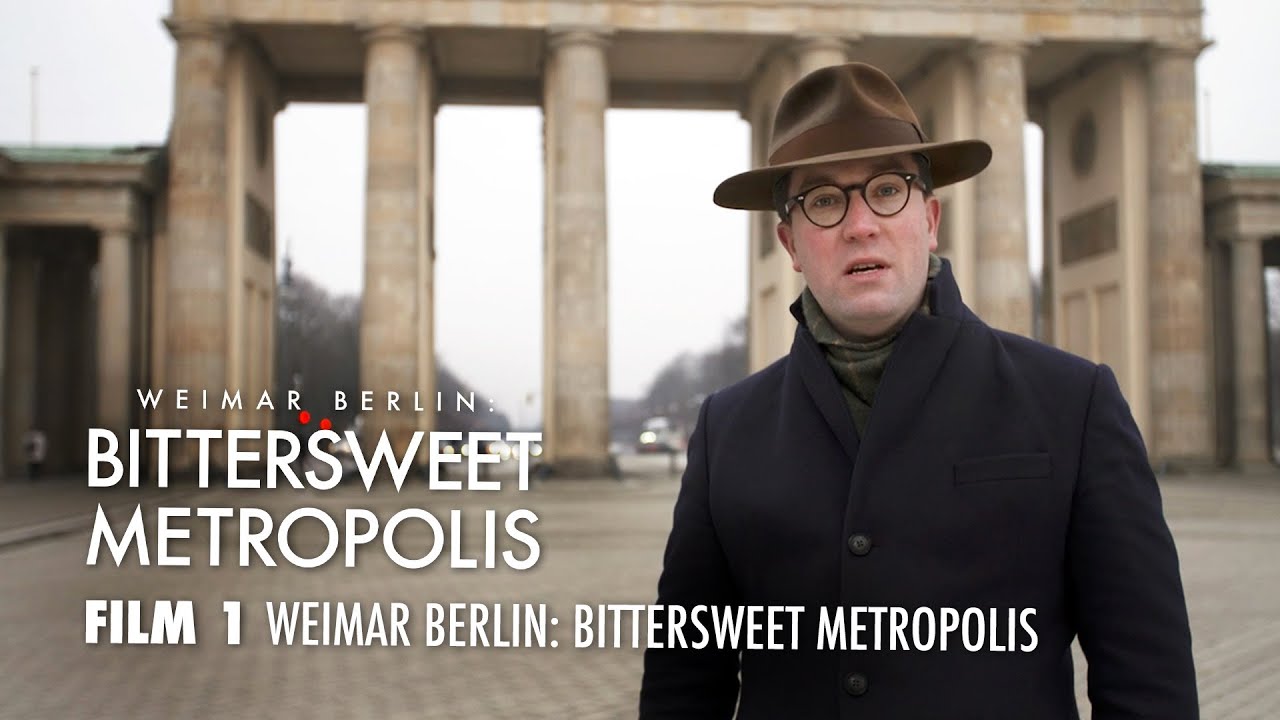Dr. Russell Ackoff on Systems Thinking - Pt 1
Summary
TLDRThis script discusses a significant cultural shift, akin to the Renaissance, occurring post-World War 2, emphasizing a change in our thinking patterns. It highlights Einstein's quote on the inadequacy of current thought patterns to solve problems they create. The script explores analytical thinking's prevalence in our institutions, from universities to corporations, and introduces Ludwig von Bertalanffy's General Systems Theory as a crucial concept for understanding systems, suggesting a move beyond traditional analysis to address complex systemic issues.
Takeaways
- 📜 The script discusses a significant cultural change, comparing it to the Renaissance, which occurred 400 years ago, and suggesting we are in another 'change of age'.
- 🤔 It emphasizes the importance of changing our way of thinking to solve problems, referencing Einstein's quote about not being able to solve problems with the same thinking that created them.
- 👶 The script describes the natural analytical process observed in young children when they encounter a new object, breaking it down, understanding its parts, and then synthesizing that understanding.
- 🏫 Universities and businesses are highlighted as institutions built on analytical thinking, breaking down subjects or operations into parts to understand and manage them effectively.
- 🔍 Analysis is presented as pervasive in our culture, affecting how corporations are run and organized, with the assumption that understanding the parts will lead to understanding the whole.
- 🔧 The script identifies the 1950s as a time when the limitations of analysis started to become apparent, leading to the development of new theories to address complex systems.
- 📚 General Systems Theory, introduced by Ludwig von Bertalanffy, is mentioned as a pivotal concept that emerged in response to the shortcomings of purely analytical approaches.
- 🌐 The theory introduces the idea of 'system' as a way to understand the interconnectivity and interdependence of components within a whole, which analytical thinking alone cannot fully capture.
- 🧩 The script suggests that the problems of analysis cannot answer critical questions about systems, indicating a need for a more holistic approach to understanding complex phenomena.
- 🔄 There is an implied call for a renaissance in thinking, moving away from purely analytical approaches to embrace a more systemic understanding of the world.
- 🌟 The script concludes by highlighting the significance of systems thinking in the current cultural transformation, suggesting it as a key component of the 'change of age'.
Q & A
What is the significance of the quotation from the New York Times mentioned in the script?
-The quotation signifies that the world is undergoing a critical stage of cultural change, similar to the Renaissance, which was a transformative period in history. It suggests that such changes of age are rare and involve a fundamental shift in our way of thinking.
What did Einstein famously say about solving problems with the same pattern of thought that created them?
-Einstein stated that you cannot solve problems created by a current pattern of thought using the same pattern of thought. This highlights the need for a change in perspective to address complex issues.
How does the script describe the process of analysis in the context of a child exploring a new object?
-The script describes the process as a three-step approach: first, taking the object apart (analysis); second, understanding what the parts do; and third, assembling the understanding of the parts into an understanding of the whole.
What is the role of analytical thinking in our culture and institutions?
-Analytical thinking is pervasive in our culture and institutions. It is the foundation of how we study subjects in universities, run corporations by dividing them into parts, and structure organizations. It assumes that understanding the parts can lead to an understanding of the whole.
Why did analytical thinking start causing problems in the 1950s according to the script?
-The problems began in the 1950s due to the emergence of General Systems Theory by Ludwig von Bertalanffy. This theory introduced the concept of 'system' which challenged the limitations of analysis in understanding complex, interconnected systems.
Who is Ludwig von Bertalanffy and what is his contribution to the understanding of systems?
-Ludwig von Bertalanffy was a German biologist who migrated to the United States due to persecution by Hitler. His significant contribution was the development of General Systems Theory, which focused on the concept of 'system' and its importance in understanding complex phenomena that cannot be fully grasped through analysis alone.
What is the General Systems Theory and why was it important?
-General Systems Theory is a concept introduced by Ludwig von Bertalanffy that emphasizes the understanding of systems as wholes rather than just their individual parts. It was important because it provided a new perspective for dealing with complex systems that traditional analytical methods could not effectively address.
How does the script relate the concept of a 'change of age' to the Renaissance?
-The script relates the concept of a 'change of age' to the Renaissance by suggesting that both periods represent significant cultural transformations. The Renaissance was a time when science as we know it today was born, marking a major shift in thought and understanding.
What is the script's view on the limitations of analytical thinking in the context of understanding systems?
-The script suggests that analytical thinking, while pervasive and useful in many contexts, has limitations when it comes to understanding systems. It implies that a more holistic approach, as suggested by General Systems Theory, is necessary to address the complexities of systems.
How does the script suggest we can move beyond the limitations of analytical thinking?
-The script implies that moving beyond the limitations of analytical thinking involves embracing a more systemic perspective, as introduced by General Systems Theory. This approach considers the whole system and its interactions, rather than just focusing on individual components.
Outlines

このセクションは有料ユーザー限定です。 アクセスするには、アップグレードをお願いします。
今すぐアップグレードMindmap

このセクションは有料ユーザー限定です。 アクセスするには、アップグレードをお願いします。
今すぐアップグレードKeywords

このセクションは有料ユーザー限定です。 アクセスするには、アップグレードをお願いします。
今すぐアップグレードHighlights

このセクションは有料ユーザー限定です。 アクセスするには、アップグレードをお願いします。
今すぐアップグレードTranscripts

このセクションは有料ユーザー限定です。 アクセスするには、アップグレードをお願いします。
今すぐアップグレード5.0 / 5 (0 votes)






